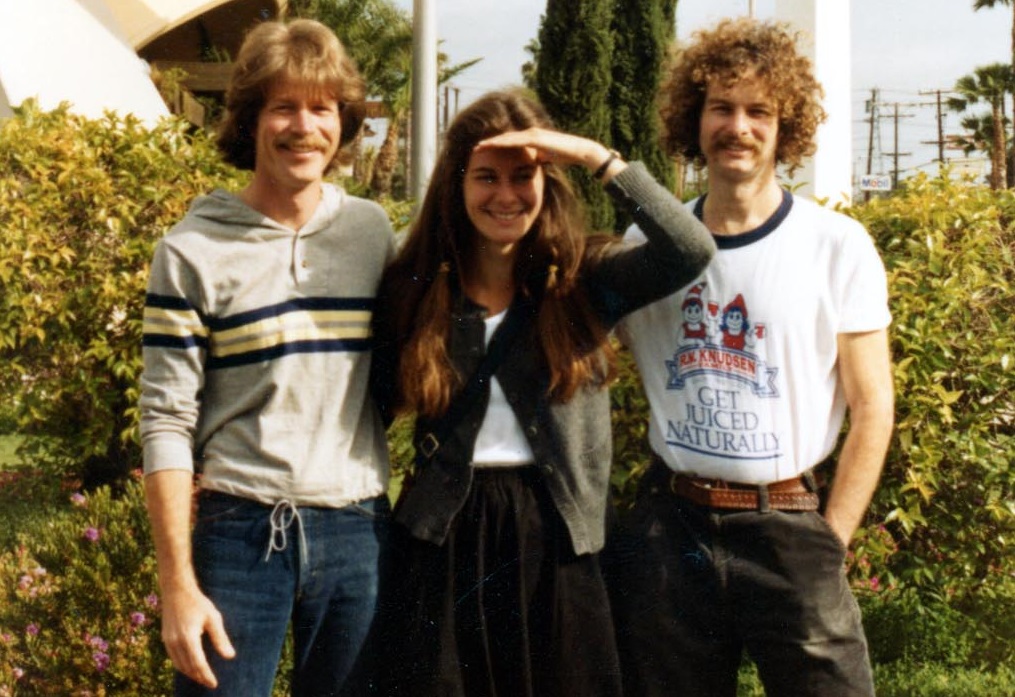John Mackey was a self-described hippie. Living in Austin, Texas, in the 1970s, Mackey looked the part. He sported a shaggy, curly mop of a hairdo and adorned his face with a horseshoe mustache. After dropping out of college, Mackey decided he wanted to take on corporate America, specifically targeting the tycoons controlling the food industry.
To do so, he launched a nonprofit, health food co-op, called SaferWay (a not-so-subtle jab at Kroger’s Safeway grocery chain). But over time, Mackey grew convinced his tiny co-op could not make a dent in how Americans eat. So Mackey began to think beyond the walls of his co-op. To change the industry, he’d need to launch a full-on grocery store.
In 1980, Mackey decided to approach his top rivals to gauge their interest in collaborating. He met with Craig Weller and Mark Skiles, owners of SaferWay’s competitor, Clarksville Natural Grocers.
“I pitched them, ‘Look, we’re going to open this first natural foods supermarket, one of the first natural foods supermarkets anywhere in the world, why don’t you do it with us?’”
Mackey saw his competitors as his potential allies. Mackey saw an opportunity for them not just to operate autonomously together but to actually cofound a bigger and better endeavor entirely.
So they did. They merged their stores under one roof and chose a new name—Whole Foods Market. The natural foods movement was born. Over the next 37 years, Whole Foods Market expanded to 460 stores across the United States, Canada, and the United Kingdom.
A few months ago, Amazon bought Whole Foods for $13.7 billion, marking the beginning of a new chapter. Love Whole Foods or hate it, in just a few decades, the healthy food movement graduated from tiny cooperatives catering primarily to young, hippie enclaves in Austin to the most innovative force in the food industry in the West. John Mackey’s healthy food vision is today officially mainstream thanks to his belief in collaboration.
John Mackey understood the power of thinking beyond. His philosophy is different from simply thinking big. Building great companies intrigued this industry pioneer but building something beyond his organizational boundaries intrigued him far more.
Jesus reminds us in clear language to “seek first the kingdom of God and his righteousness, and all these things will be added to you.”
To seek first as leaders of faith-based organizations is not easy. Because of how deeply entrenched we are in cultural values of winning, competition, and ownership, we regularly lose sight of how radical our organizations would be if we were truly to seek first the Kingdom of God. For many of us, we may tip our proverbial hats to working together with our rival nonprofits, but do very little in practice.
But if it is possible for a hippie-turned-mogul to link arms with his direct competitors; perhaps faith-based organizations can as well?

